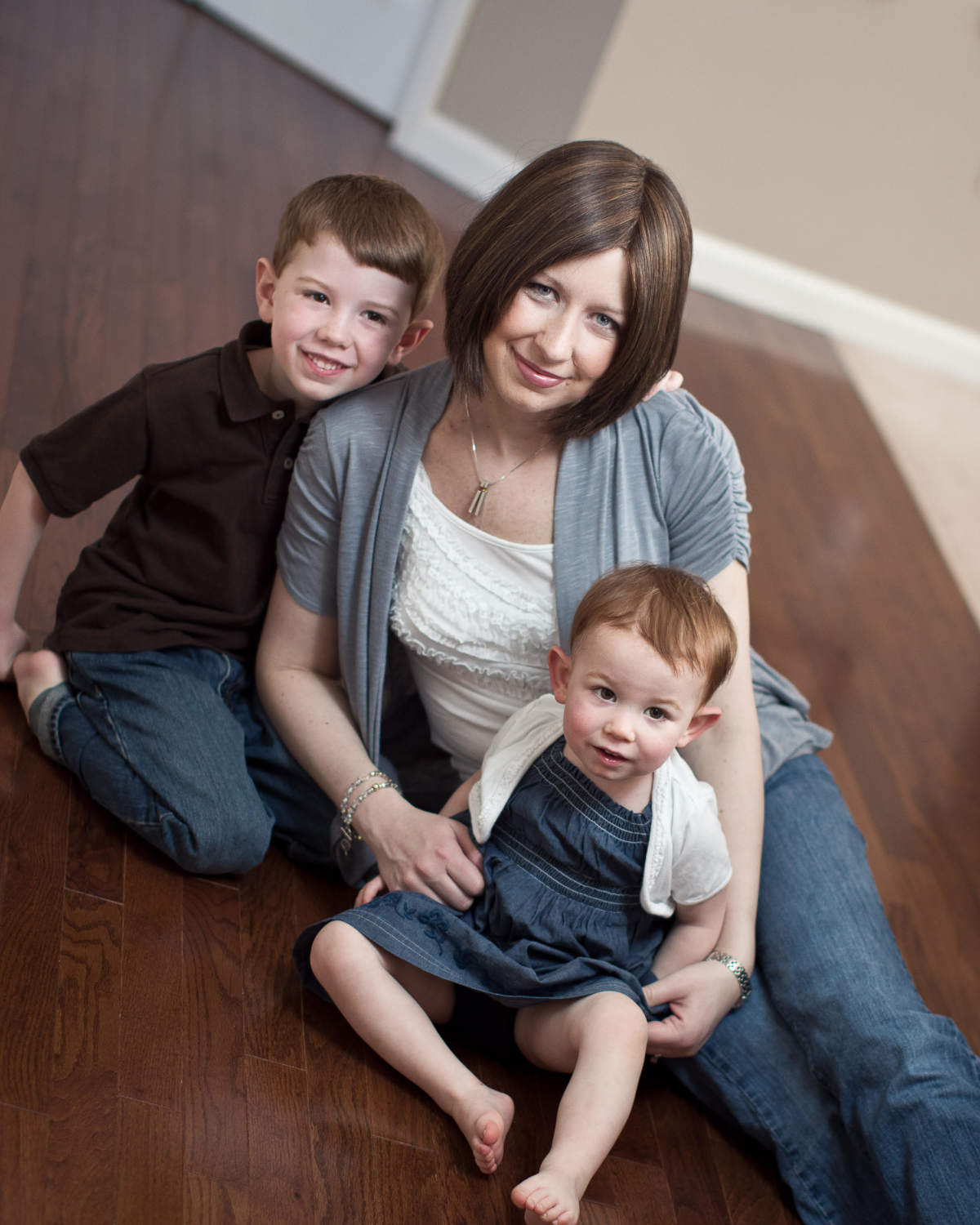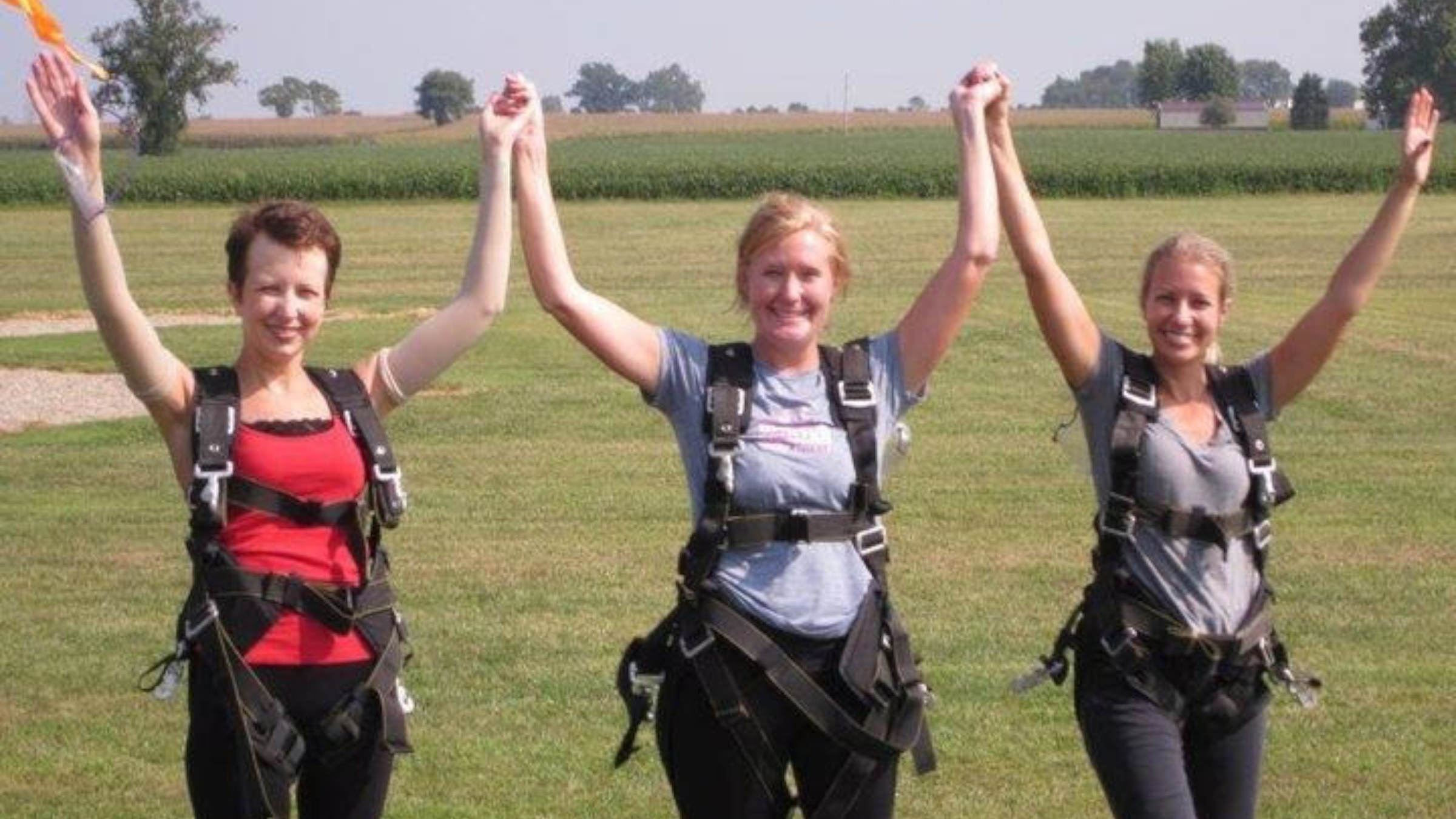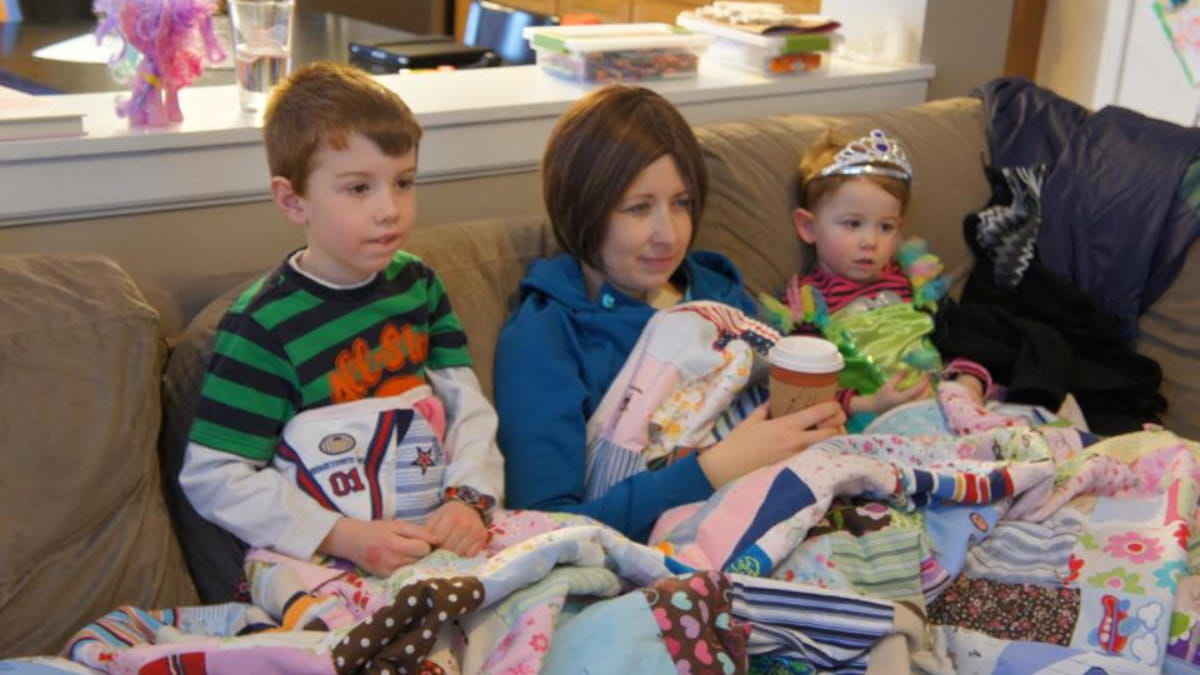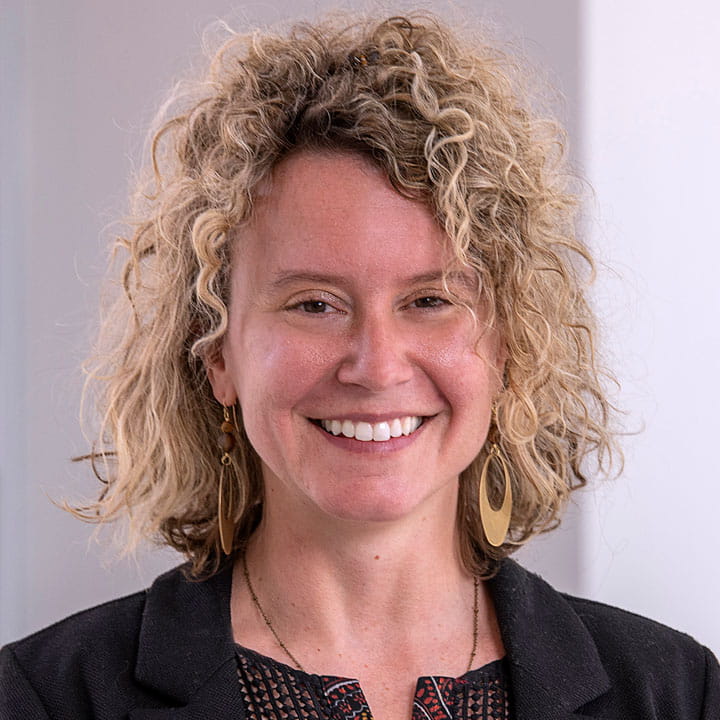
Selfless, humble and a caring friend — with a wicked sense of humor — is how Kara Kent describes her late sister, Lori Gill Grennan, who died at age 36 of complications from a rare form of breast cancer that is often misdiagnosed or diagnosed in late stages because it is so rare that doctors may mistake it for a breast infection.
Kara hopes her sister’s story will inspire others to be their own health advocates and push for answers if they have concerns about their health.
 “My sister was a physician. She knew something was wrong — and doctors continually dismissed her concerns. It took a self-referral to a breast cancer expert to confirm her concerns were valid. By then, she had a metastatic, inflammatory breast cancer diagnosis and limited treatment options,” Kara recalled.
“The disease stole her future and precious time with her children. Lori was ready to do anything she could do to extend her life, and her wish was that other women would not have to face the same devastating diagnosis.”
“My sister was a physician. She knew something was wrong — and doctors continually dismissed her concerns. It took a self-referral to a breast cancer expert to confirm her concerns were valid. By then, she had a metastatic, inflammatory breast cancer diagnosis and limited treatment options,” Kara recalled.
“The disease stole her future and precious time with her children. Lori was ready to do anything she could do to extend her life, and her wish was that other women would not have to face the same devastating diagnosis.”
Before she passed, Lori worked with her family to establish the Hunt for Hope, an Amazing Race-like scavenger hunt fundraiser for the Inflammatory Breast Cancer Network Foundation.
Through their efforts — which continue today — they have raised more than $600,000 to support inflammatory breast cancer treatment and research initiatives that are underway at The Ohio State University Comprehensive Cancer Center – Arthur G. James Cancer Hospital and Richard J. Solove Research Institute (OSUCCC – James).
Know the signs of inflammatory breast cancer
Inflammatory breast cancer can occur in any part of the breast and in any molecular sub-form of the disease. It is often misdiagnosed because it mimics symptoms similar to a breast infection.
“Although inflammatory breast cancer only represents 1% to 5% of all breast cancers in the United States, it is a sneaky disease and challenging to diagnose. It is critical that clinicians have a high level of familiarity with its subtle signs and be prepared to take immediate action to avoid belated diagnosis,” said Dr. Ko Un Park, a surgical oncologist who leads the new inflammatory breast cancer program at the OSUCCC – James’ Stefanie Spielman Comprehensive Breast Center.
Those signs include an orange peel-like texture or dimpling of skin, a feeling of heaviness, tightening of the skin, engorgement of the breast and infection-like redness.
“Women should know that no radical changes to the breast are normal, and breast self-exams are still very important. Some 50% of inflammatory breast cancers are diagnosed as stage 4 disease,” Park added.
“This disease can change radically in a matter of days, so it is important that women with inflammatory breast cancer start medical therapy as quickly as possible for the best chances of long-term disease control.”
A multidisciplinary breast cancer team that includes surgical, medical and radiation oncologists, as well as breast radiologists, plastic/reconstructive surgeons, physical therapists and nurses, has designed a formal best-practice clinical decision tree to help the OSUCCC – James medical team triage and rapidly respond to potential inflammatory breast cancer cases.
“Our goal is to push these patients to the front of the line, rapidly mobilizing a treatment plan so that therapy can begin as soon as possible,” Park said. The team is working with primary care and obstetricians/gynecologists to bring more awareness to this disease and the nuances of diagnosing and treating it.
“I encourage women to pay attention to changes in their breast tissue. While our bodies do change as we get older, radical changes in the shape, feel or symmetry of the breasts should always be evaluated by a physician,” added Dr. Amy Kerger, a breast radiologist and close friend of Lori.
Watching her friend face this diagnosis cemented her career path to specialize in breast imaging.

One woman’s story brings awareness to a rare disease
Lori was a 32-year-old mother of two children, then 4 years and 6 months old, and had just launched her own family medicine practice when her breast became extremely hard.
Kara recalls being on a sister trip when Lori joked that her breast was so hard, that it felt like a steel plate, even suggesting that Kara should punch her as proof.
“That is how she dealt with things — humor — but she was a physician, and I knew she was concerned,” Kara recalled.
Lori’s doctors concluded she had mastitis, a breast infection that sometimes occurs in lactating people in the year following childbirth. Lori was treated with antibiotics twice. When the infection did not resolve, she was sent for a mammogram: no concerns.
Trusting her instincts and frustrated, she referred herself to a breast specialist who, following a biopsy, confirmed advanced-stage breast cancer. Lori then completed chemotherapy, radiation treatment and a mastectomy, followed by additional chemotherapy regimens when the cancer recurred.

“She was determined to do anything so she could live and spend more time with her family,” Kara said. A perpetually giving person, Lori chose to channel her story into awareness and fundraising to help others facing the same diagnosis through the Inflammatory Breast Cancer Network Foundation and the Hunt for Hope fundraiser. Lori’s mother, Sheila Gill, says her daughter would want others to know they are not alone in facing this disease. Lori would encourage them to be their own health advocates, perhaps joining a group of people facing the same diagnosis.
“Women need to be particularly vigilant after childbirth. Accurate diagnosis is often missed with mastitis being so common. Lori said she was so healthy otherwise that she ignored her own unease early on. She said she had sent many women patients for tissue biopsies who presented with symptoms like her own. She would want women to sincerely be their own health advocates,” Sheila said.

Learn more about breast cancer treatment at the OSUCCC – James
or call 800-293-5066 to schedule an appointment.
Learn more




